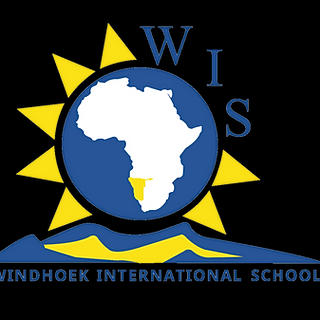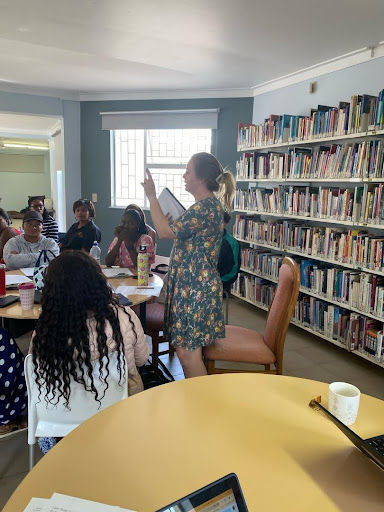The Value of Reflection and Introspection
- Windhoek International School
- May 19, 2023
- 2 min read
This past week I was again able to participate in a preparatory accreditation visit representing NEASC (the New England Association of Schools and Colleges) in collaboration with CIS (the Council of International Schools). A CIS colleague and I visited the Ghana International School to work with them through the initial stage for their re-accreditation as a CIS/NEASC accredited school.
During these visits, the focus is on standards that CIS and NEASC prioritise in their recognition of 21st-century learning and environments for learning that promote certain trades and skills that are critical in educating young people to be able to embrace the challenges and opportunities they face in the world they grow up in.
These visits are always a great opportunity to reflect and take an inside look at how we do things at WIS and what I can bring back to WIS as possible ideas for us to learn from. These visits are an opportunity to learn and see different perspectives on the same areas of education.
Impressions from Ghana International School:
Plastic Recycling Station
If you see something - say something!
TIPS - Technology In Problem-Solving
Safety tip!
Some of the major focus points in our NEASC accreditation as well as in the CIS accreditation protocols are global citizenship, intercultural learning, and a clear idea of what high-quality teaching and learning looks like. At WIS, our “Definition of Learning” describes learning as follows:
“Learning at WIS is a journey of inquiring, discovering, and experimenting while developing understanding and acquiring new knowledge, skills, and concepts. In the process, the learner constructs meaning by making connections and applying these in daily life situations. The learner realises individual potential through continued reflection and exploration. The learning environment is multi-sensory, collaborative, enjoyable, and encourages international-mindedness.”
The question for me is whether this definition is relevant to what we want our learners to be able to go away with when they leave school. Do they have the attributes that will make them thrive and be successful in a world that has increasing challenges that need to be conquered? Do our learners at WIS have the dispositions that convey values and understandings that enable them to confidently, responsibly, and respectfully interact with the world they will engage in? Which are the challenges our young learners are facing that do not currently have solutions and are a danger to our existence - on this planet and as humans with each other?
We might want to look at the drivers of our school, our curriculum, and our aspirations as a school that aspires to “prepare independent, inquiring, and self-motivated citizens of the world”, a school where “the full potential of each student” is developed “in a stimulating environment of academic excellence, cultural diversity, and active social responsibility to become internationally-minded independent thinkers.”

What do all these attributes and aspirations mean in our WIS context? And how does each one of us contribute to realising these in the context of our school as well as our own education and development?
I think it is worth reflecting on these questions and taking stock of where we are and where we are going.
Maggie Reiff
Secondary Principal














Comments